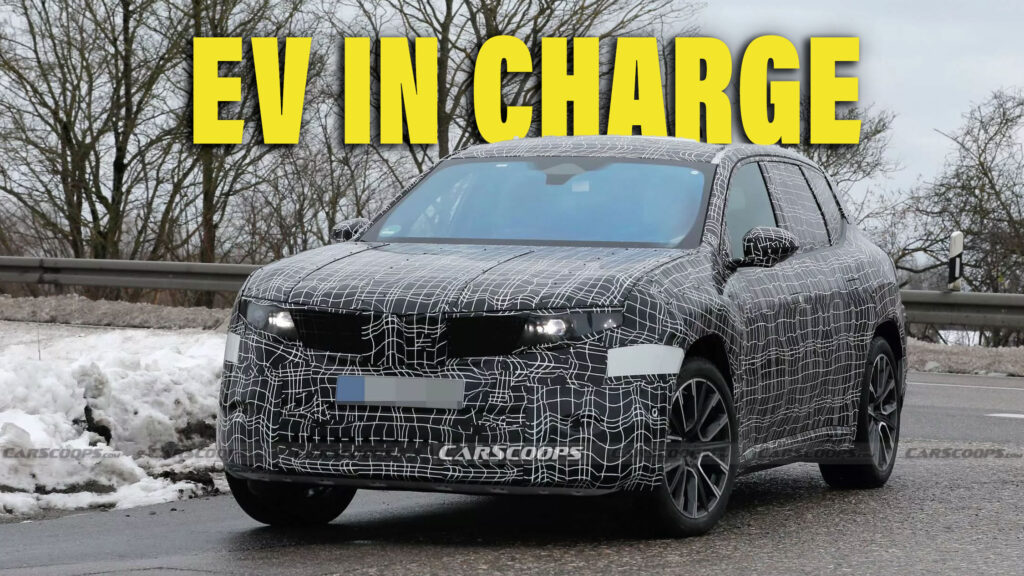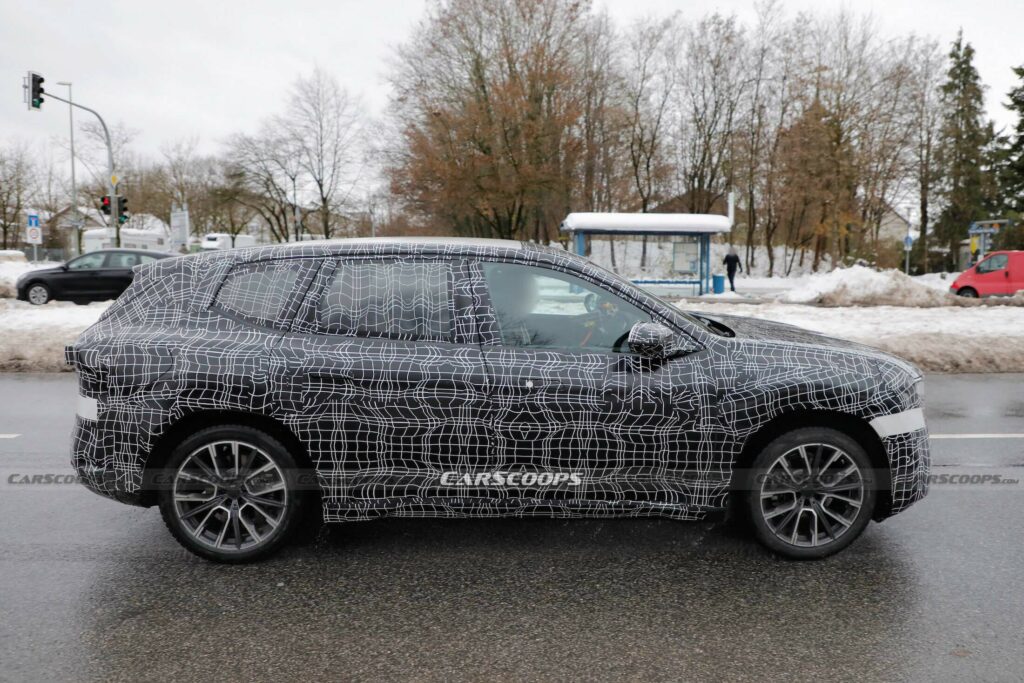BMW’s CFO said combustion sales would plateau then start to fall away in coming years
1 hour ago
 –>
–> 
–>
BMW is one of the big automakers that believes a mixed powertrain strategy makes more sense than going all-in on EVs. But while it says it’s not planning on giving up building combustion engines any time soon, it concedes it has given up on growing ICE sales.
“The tipping point for combustion engines was last year,” the automaker’s Chief Financial Officer, Walter Mertl, told reporters at Bloomberg and Reuters recently. ”The current sales plateau for combustion cars will continue and then fall slightly,” he added, citing tougher incoming emissions regulations in the run-up to the mid-2030s combustion ban in China, California, and Europe as a roadblock to potential ICE growth.
Sales of electric BMWs, Minis, and Rolls Royce cars jumped 74.4 percent last year, taking EVs’ share of the 2.56 million total BMW Group output to 15 percent. The automaker wants to grow that to 33 percent by 2026, when it starts rolling out its family of Neue Klasse electric cars, and 50 percent by the end of the decade. The first model to use the Neue Klasse platform will be an electric SUV that replaces the current iX3 sold in Europe, but five more models, including a new 3-Series will follow, all based on the same architecture and borrowing styling cues from BMW’s recent concept cars.
advertisement scroll to continue
Related: BMW’s Flagship Munich Plant Will Build Only EVs From 2027, So Where’s The ICE 3-Series Going?

While EV sales growth is booming right now, Mertl said that it will be 2026 before the margins for the company’s combustion and electric cars begin to match up. But the lower costs of the Neue Klasse tech – which is targeting to cut battery expenditure in half and boost range-per-kWh by 25 percent – means the firm should be making as much per car from its EV-heavy lineup by the end of the decade as it makes from its more combustion-led model range today.

 <!–
<!– –>
–> 
